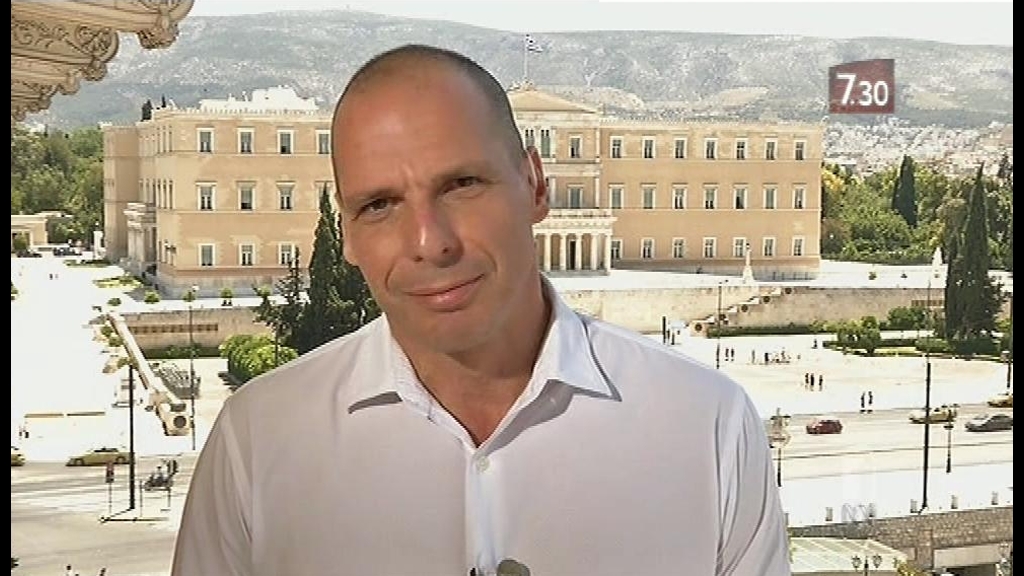The new Greek government’s first week in power was marked by a series of declarations of intentions. Some were wide in scope such as the halting of the privatisation of the national electricity company (DEI) and the re-examining of privatisations undertaken by the previous government. Others were narrower and with a more symbolic character such as the re-instatement of civil servants, employees of the former national broadcaster (ERT) and the laid-off cleaners of the ministerial buildings.
The most important declarations however were those addressed to the officials of the European Union. The first came within hours of the government’s oath and referred to the European agreement on sanctions against Russia. Greek Foreign Minister Nikos Kotzias complained that this was a statement that Greece has not been asked to contribute to. Whilst Martin Schulz rushed to express his ‘horror’ for the Greek deviation of a common agenda, this was more a matter of procedure. Federica Mogherini, the EU commissioner for foreign policy, commenting on Mr Kotzias intervention noted that his attitude was extremely constructive” and “this was an extremely positive exercise” that led to “a consensual decision, a substantial decision”.
The press conference that followed the meeting of Finance Minister Yanis Varoufakis and the head of the Eurogroup Jeroen Dijsselbloem captured the attention of the European public. It was a media performance on both sides. Varoufakis drew his government’s hard lines and stated that they would no longer negotiate with the troika. Instead he put forward the demand for a conference to discuss debt relief. Deiselbloem’s performance of the infuriated eurocrat was out of protocol and has been largely understood as colonial by the Greek public. In a later communication with the Prime Minister Alexis Tsipras, Dijsselbloem referred to the episode as a misunderstanding.
Meanwhile Angela Merkel re-iterated the German position against debt relief for Greece and Martin Schulz attacked the Greek government for negating the troika, thus exacerbating the conflictual climate. While Europe wonders where this confrontation will lead, Tsipras is scheduled to meet with François Hollande and Jean Claude Juncker this week.


